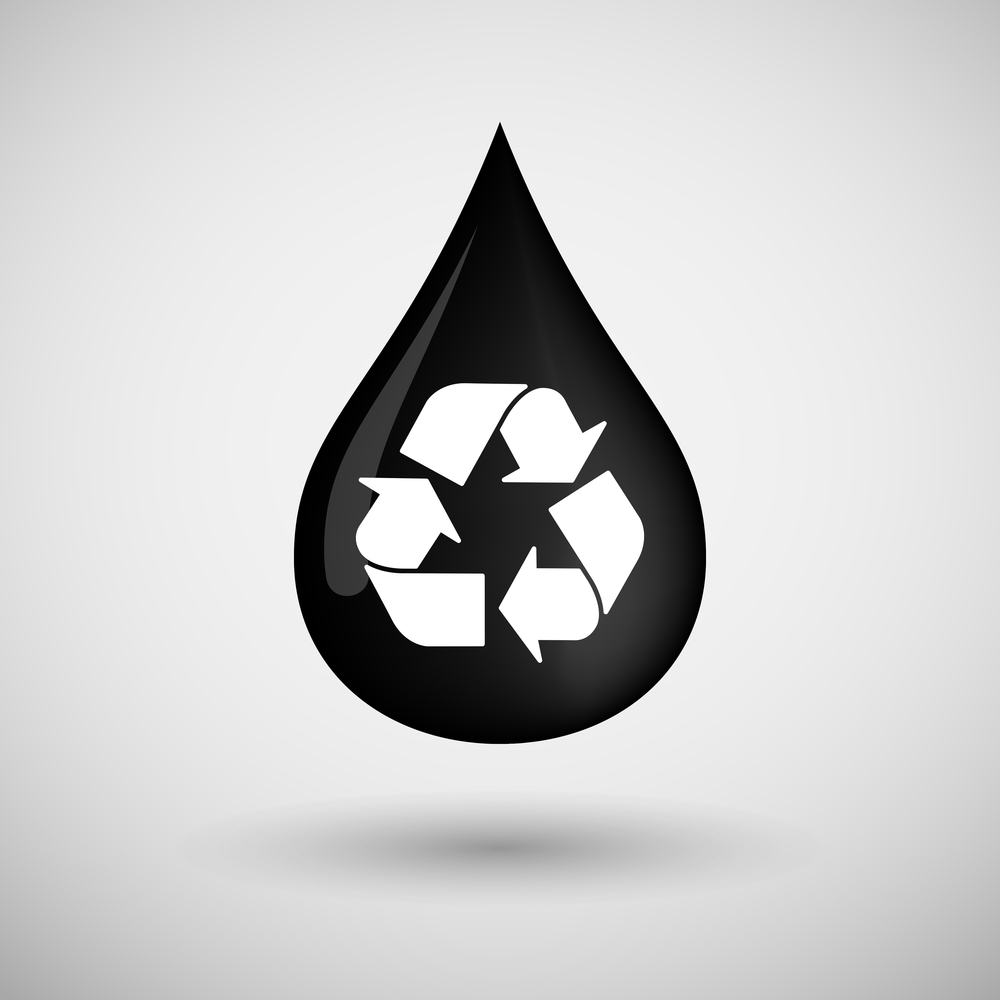Recycle Oil
Oil keeps our cars, lawnmowers, and many other machines running smoothly. But, once oil is used, it must be discarded properly, to keep it from contaminating the environment. Recycling used oil is becoming the preferred way of handling used oil to protect the environment and conserve natural resources.
Click For Inquiry
Description about Recycle oil
Oil keeps our cars, lawnmowers, and many other machines running smoothly. But, once oil is used, it must be discarded properly, to keep it from contaminating the environment. Recycling used oil is becoming the preferred way of handling used oil to protect the environment and conserve natural resources.
Used oils such as engine lubrication oil, hydraulic fluids, and gear oils used in cars, bikes, or lawnmowers can pollute the environment if it is not disposed of properly. Used oil must be recycled or disposed of properly by local waste management authorities or automotive repair shops. Used oil filters pose similar waste concerns. If properly drained, they can be safely recycled or disposed of.
Just the Facts
Two hundred million gallons of used oil are improperly disposed of each year.
Recycling just 2 gallons of used oil can generate enough electricity to run the average household for almost 24 hours.
(Source: American Petroleum Institute)
It takes 42 gallons of crude oil, but only 1 gallon of used oil, to produce 2.5 quarts of new, high-quality lubricating oil.

Recycling Used Oil and Oil Filters
Used oil can be rerefined into lubricants, processed into fuel oils, and used as raw materials for the refining and petrochemical industries. Used oil filters contain reusable scrap metal, which steel producers can use as scrap feed.
To recycle used oil, processors and refiners remove water, insoluble’s, dirt, heavy metals, nitrogen, chlorine, and oxygenated compounds from oil drained from automobiles or other machines.
The resulting product—called “rerefined” oil—must meet the same stringent refining, compounding, and performance standards as virgin oil for use in automotive, heavy-duty diesel, and other internal combustion engines, and hydraulic fluids and gear oils.
Extensive laboratory testing and field studies conclude that rerefined oil is equivalent to virgin oil—it passes all prescribed tests and, in some situations, even outperforms virgin oil.
The same consumers and businesses that use regular oil also can use rerefined oil, since rerefining simply reconditions used oil into new, high-quality lubricating oil. Any vehicle maintenance facilities, automobile owners, and other machinery maintenance operations that use oil also can use rerefined oil. In some cases, fleet maintenance facilities that use large volumes of oil arrange to reuse the same oil that they send to be rerefined—a true closed recycling loop.
Benefits of Recycling Oil
Recycling used oil keeps it from polluting soil and water.
Motor oil does not wear out—it just gets dirty—so recycling it saves a valuable resource.
Less energy is required to produce a gallon of rerefined base stock than a base stock from crude oil.


